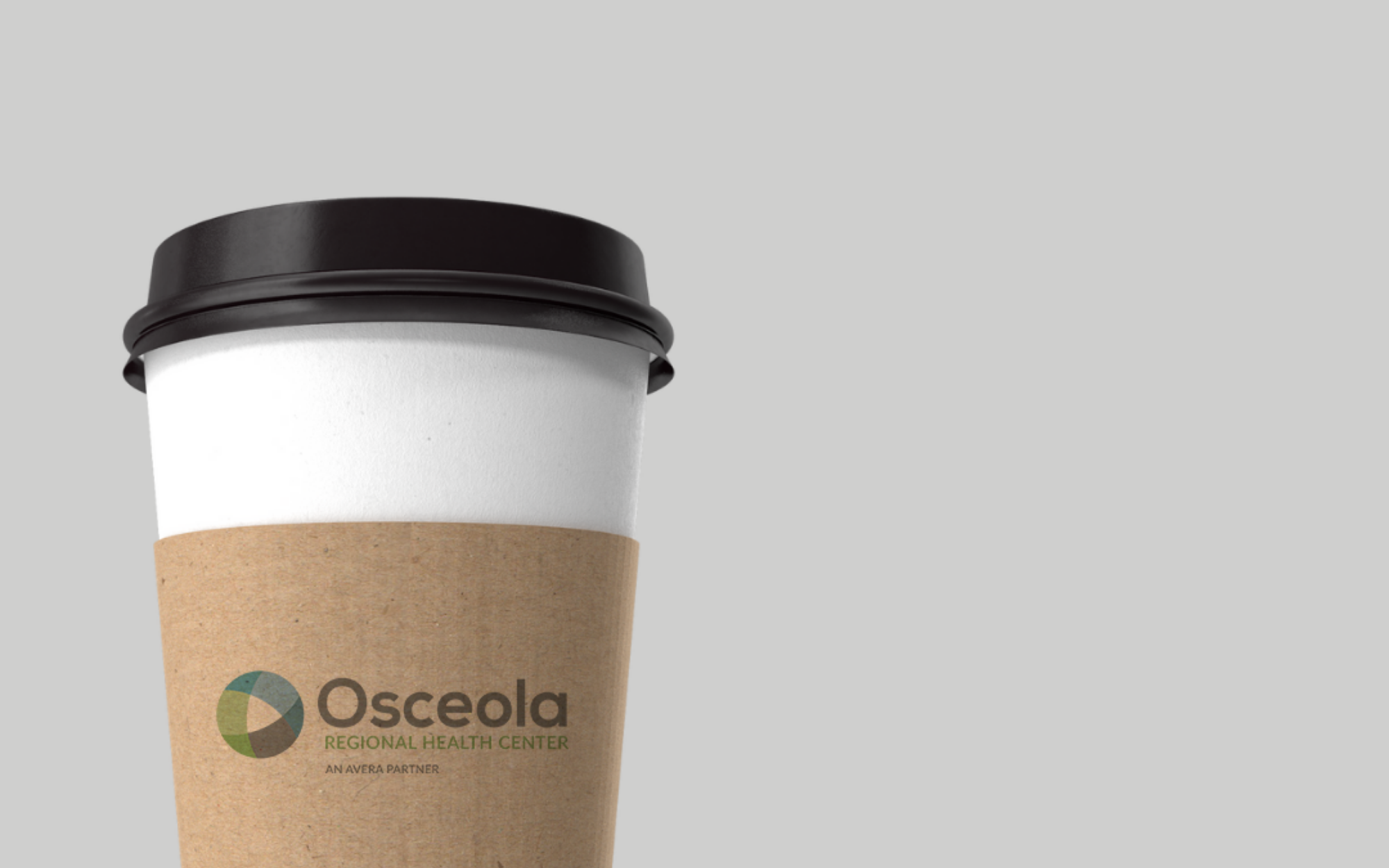10 hacks to make your coffee healthier
Avid coffee drinkers know that nothing beats the rich and smooth taste of a cup ‘o Joe. With so many new ways to brew and stir a coffee drink nowadays, health questions related to coffee are surfacing and people are googling, now more than ever before, ways to make or order their coffee while keeping it healthy. For example, this time of year is pumpkin spice season – but which milk should one choose to counteract the extra sweetness?
Good news: your morning coffee is far from a bad habit. Research suggests there are many health perks to java. Aside from decreasing disease risk such as certain colon and breast cancers, Parkinson’s disease and type 2 diabetes, coffee also supplies a significant dose of antioxidants.
To max out the benefits of your beloved brew, give Osceola Regional Health Center’s tips a whirl:
1: Pair with fortified or nut milk. Black coffee is best, but if you want to enjoy a little milk in your coffee, you might want to try almond or nut for an extra nutritional boost.
2: Add collagen powder. Many Instagram influencers *swear* by collagen powder. But is it really that healthy for you? Short answer: yes. Collagen works to promote joint and bone health, and beautifies skin and hair health by promoting elasticity and strength. Better yet: its tasteless. Add a scoop of the stuff to your coffee drink each morning for an extra healthful dose for your day.
3: Ditch the Keurig. This popular, time saving and aesthetically pleasing addition to the kitchen or coffee bar is not the greatest in terms of health. Beyond the tendency for the coffee brewer to build up mold and bacteria, plastic when heated and consumed has a tendency to effect estrogen levels in our body and throw our hormones out of whack – and the K-cups, while BPA-free and made of safe plastic, do not defy said heat. Transition to a French Press or another pour-over method for a safer alternative.
4: Opt for a cleaner sweetener or creamer. Low-calorie doesn’t always translate to ‘healthier’. Mix your milk with some honey or a dash of vanilla extract for an easy and healthy homemade alternative, or check the ingredients of creamer options at the grocery store for their sugar count. The daily recommended added sugar limit per day is no more than 24 grams for women and 36 grams for men. Take into account your meals and other drinks throughout the day – if your morning coffee exceeds your daily dose of sugar already, pay attention to ways to reduce it.
5: Eat a little something with your drink. Coffee is an acidic drink, so drinking a morning cup and nothing else may have negative consequences on your health including increased anxiety and a damaged stomach lining. Make sure to eat some breakfast or pair your drink with a healthy snack to avert these risks.
6: Add a spoonful of chocolate. Sounds sketchy, but research has shown that cocoa is not only flavorful, but great for your health when consumed in moderation. Studies have indicated adding cocoa powder to coffee can aid in balancing cholesterol levels as well as lower blood pressure and maintain blood sugar levels.
7: Drink water first. Craving a coffee as soon as you wake is normal, but take into account that it is a dehydrating drink as a diuretic substance. Down a large glass of water before you take your first sip of your coffee drink in the morning to promote hydration and well-being.
8: Try turmeric. A powerful antioxidant, a scoop of turmeric extract in your daily drink has several health benefits. Plus, the aromatic and tasteful essence of the powder is absolutely lovely!
9: Go organic! Chemical residues can be found in many preserved coffee grounds on your supermarket shelf. Leave them to the wayside and opt for truly natural beans next time they’re on your grocery list.
10: Use filtered water. If you brew your coffee at home, use a simple filtration process for your water. Filtering water removes contaminants and can actually make your water taste better – and as a result, can make your coffee taste better. It’s a win-win!
Unfortunately, coffee calories can add up, but there’s no harm in trying new methods to ensure you’re taking healthier steps via waking up with your morning cup.

